NASA recently ran a ground test for the propulsion system on their Gateway lunar orbiter. It’ll allow the future space station to explore the Moon.
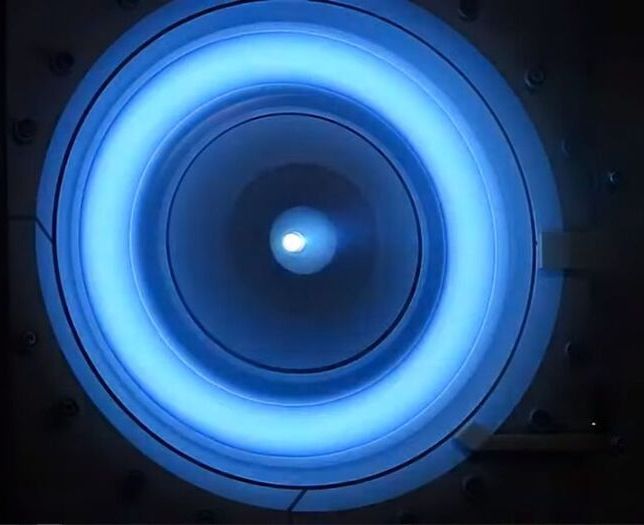

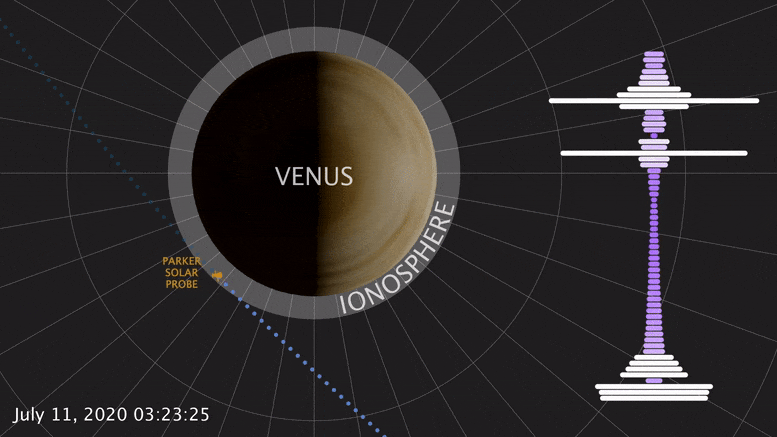
During a brief swing by Venus, NASA ’s Parker Solar Probe detected a natural radio signal that revealed the spacecraft had flown through the planet’s upper atmosphere. This was the first direct measurement of the Venusian atmosphere in nearly 30 years — and it looks quite different from Venus past. A study published today confirms that Venus’ upper atmosphere undergoes puzzling changes over a solar cycle, the Sun’s 11-year activity cycle. This marks the latest clue to untangling how and why Venus and Earth are so different.
Born of similar processes, Earth and Venus are twins: both rocky, and of similar size and structure. But their paths diverged from birth. Venus lacks a magnetic field, and its surface broils at temperatures hot enough to melt lead. At most, spacecraft have only ever survived a couple hours there. Studying Venus, inhospitable as it is, helps scientists understand how these twins have evolved, and what makes Earth-like planets habitable or not.
On July 11, 2020, Parker Solar Probe swung by Venus in its third flyby. Each flyby is designed to leverage the planet’s gravity to fly the spacecraft closer and closer to the Sun. The mission — managed by Johns Hopkins Applied Physics Laboratory in Laurel, Maryland — made its closest flyby of Venus yet, passing just 517 miles (833 km) above the surface.
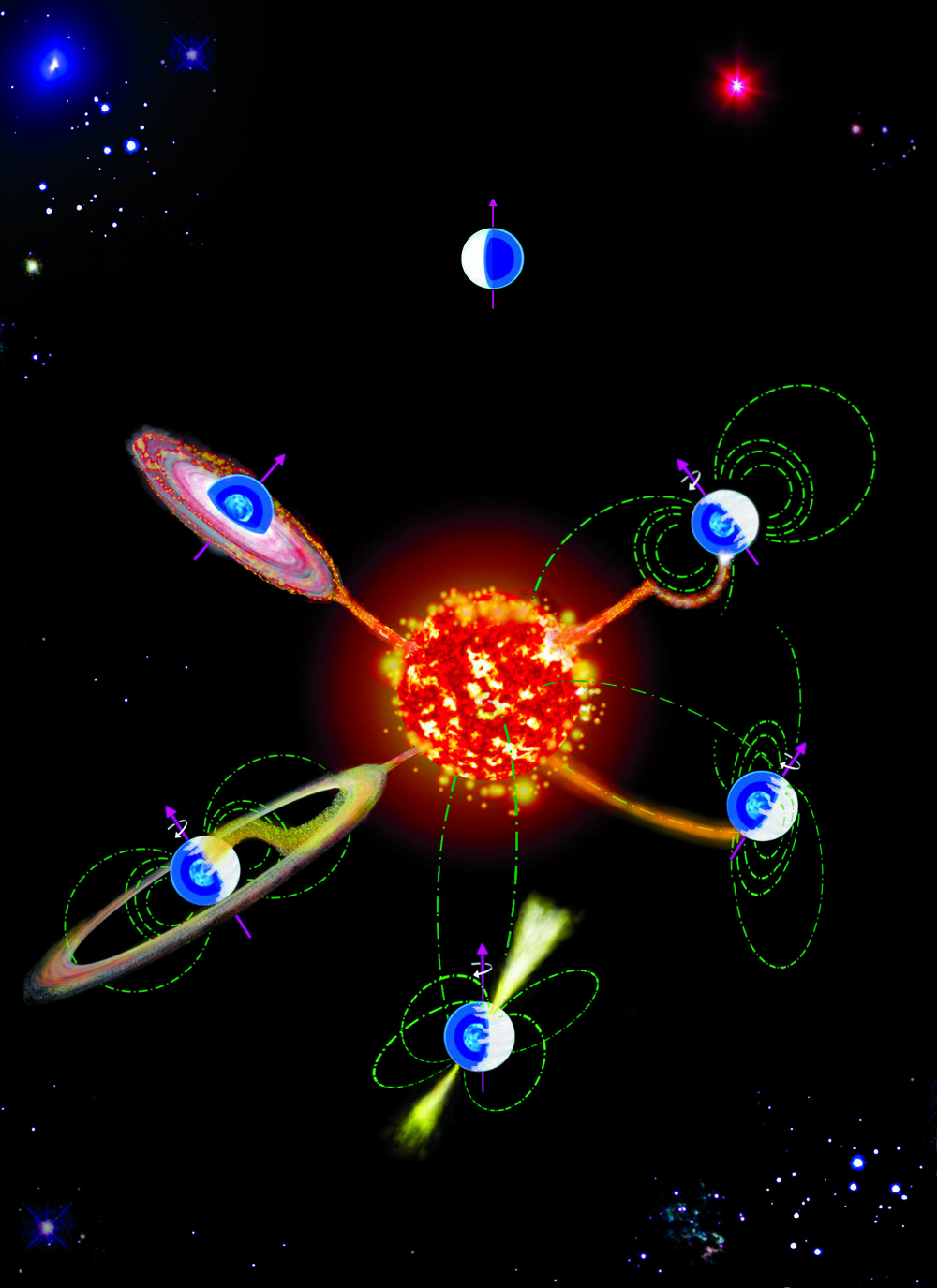
A dynamo mechanism could explain the incredibly strong magnetic fields in white dwarf stars according to an international team of scientists, including a University of Warwick astronomer.
One of the most striking phenomena in astrophysics is the presence of magnetic fields. Like the Earth, stars and stellar remnants such as white dwarfs have one. It is known that the magnetic fields of white dwarfs can be a million times stronger than that of the Earth. However, their origin has been a mystery since the discovery of the first magnetic white dwarf in the 1970s. Several theories have been proposed, but none of them has been able to explain the different occurrence rates of magnetic white dwarfs, both as individual stars and in different binary star environments.
This uncertainty may be resolved thanks to research by an international team of astrophysicists, including Professor Boris Gänsicke from the University of Warwick and led by Professor Dr. Matthias Schreiber from Núcleo Milenio de Formación Planetaria at Universidad Santa María in Chile. The team showed that a dynamo mechanism similar to the one that generates magnetic fields on Earth and other planets can work in white dwarfs, and produce much stronger fields. This research, part-funded by the Science and Technology Facilities Council (STFC) and the Leverhulme Trust, has been published in the prestigious scientific journal Nature Astronomy.
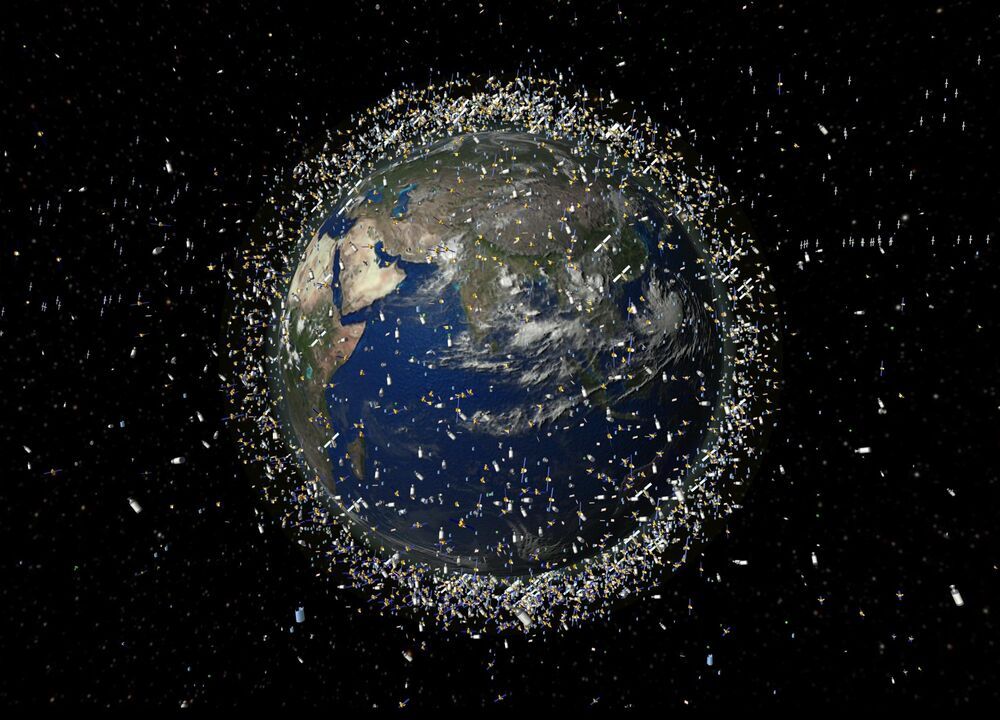
Researchers at The Australian National University (ANU) have harnessed a technique that helps telescopes see objects in the night sky more clearly to fight against dangerous and costly space debris.
“Adaptive optics is like removing the twinkle from the stars.”
The researchers’ work on adaptive optics — which removes the haziness caused by turbulence in the atmosphere — has been applied to a new ‘guide star’ laser for better identifying, tracking and safely moving space debris.
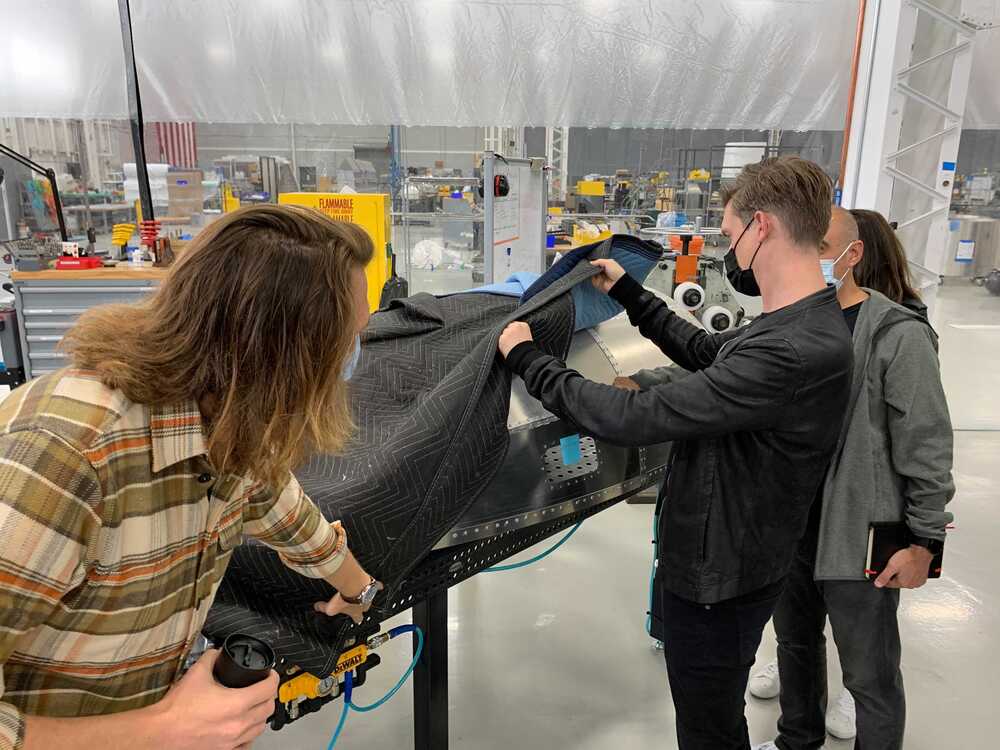
ALAMEDA, California — Rocket builder Astra wants to simplify the launch business, with the soon-to-be-public company on a quest to both cut manufacturing costs while dramatically increasing the number of launches to a daily rate.
Astra is preparing to go public by the end of June through a merger with SPAC Holicity, in a deal that will infuse as much as $500 million capital into the company. In the meantime, Astra is expanding its headquarters on the San Francisco Bay while the company prepares for its next launch this summer.
A SPAC, or special purpose acquisition company, raises capital in an initial public offering and uses the proceeds to buy a private firm and take it public.
The superb skills and sharp mind of a workers, who welded China’s space station core module, guaranteed its successful launch.
https://www.cctvplus.com/news/20210502/8192807.shtml#!language=1
Welcome to subscribe us on:
Facebook: https://www.facebook.com/NewsContent.CCTVPLUS
Twitter: https://twitter.com/CCTV_Plus.
LinkedIn: https://www.linkedin.com/company/cctv-news-content.
Video on Demand: www.cctvplus.com.
If you are in demand of this video footage, please contact with our business development team via email: [email protected]
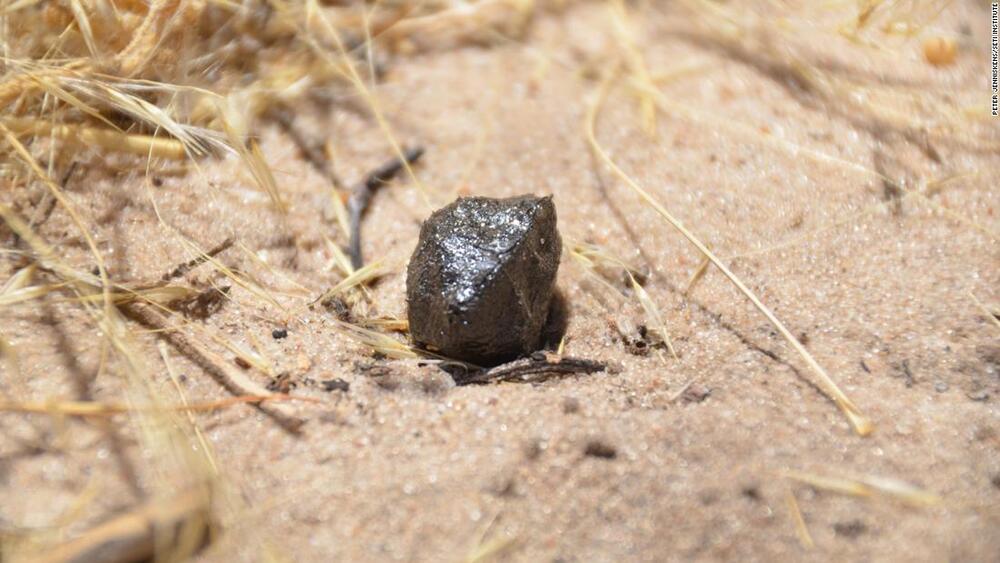
For the first time, scientists have been able to precisely map the flight path of an asteroid that landed on Earth and trace it back to its point of origin. The boulder-size fragment’s journey to our planet began 22 million years ago, according to new research.
The asteroid, known as 2018 LA, appeared like a fireball in the skies over Botswana on June 2, 2018, before breaking apart and landing in the Central Kalahari Game Reserve.
Prior to breaking up in Earth’s atmosphere, scientists determined that the asteroid was about 5 feet (1.7 meters) in diameter, weighed 12566 pounds and had been traveling at 37282 miles per hour.
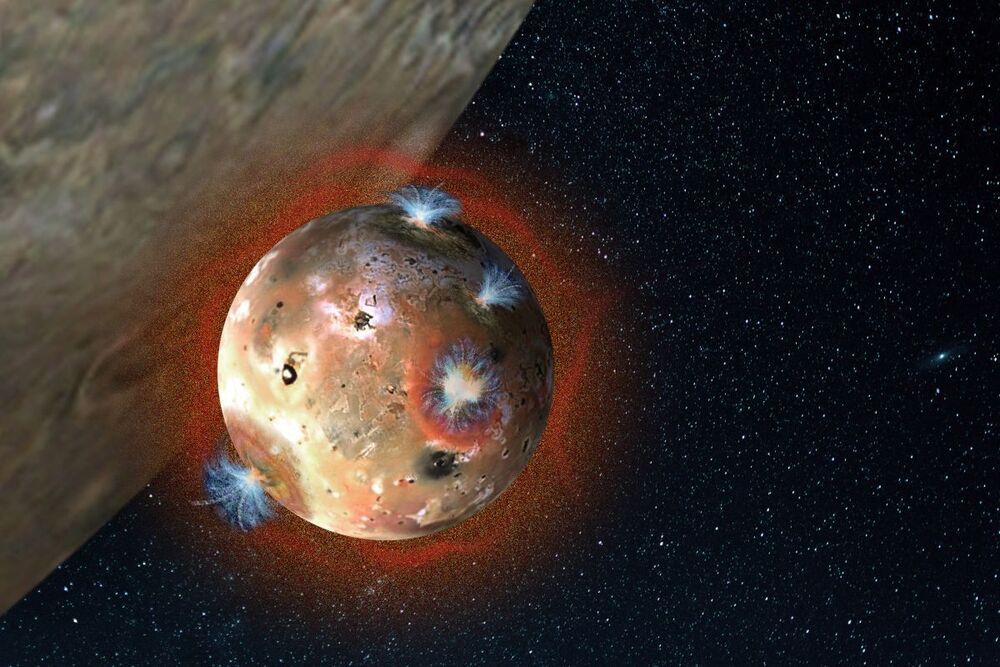
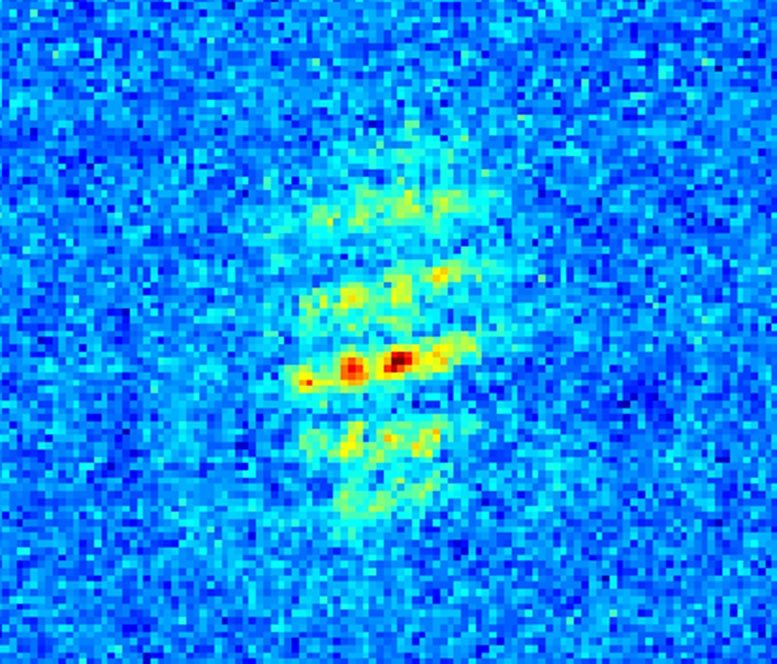
Extremely precise measurements are possible using atom interferometers that employ the wave character of atoms for this purpose. They can thus be used, for example, to measure the gravitational field of the Earth or to detect gravitational waves. A team of scientists from Germany has now managed to successfully perform atom interferometry in space for the first time – onboard a sounding rocket. “We have established the technological basis for atom interferometry on board of a sounding rocket and demonstrated that such experiments are not only possible on Earth, but also in space,” said Professor Patrick Windpassinger of the Institute of Physics at Johannes Gutenberg University Mainz (JGU), whose team was involved in the investigation. The results of their analyses have been published in Nature Communications.
A team of researchers from various universities and research centers led by Leibniz University Hannover launched the MAIUS-1 mission in January 2017. This has since become the first rocket mission on which a Bose-Einstein condensate has been generated in space. This special state of matter occurs when atoms – in this case atoms of rubidium – are cooled to a temperature close to absolute zero, or minus 273 degrees Celsius. “For us, this ultracold ensemble represented a very promising starting point for atom interferometry,” explained Windpassinger. Temperature is one of the determining factors, because measurements can be carried out more accurately and for longer periods at lower temperatures.